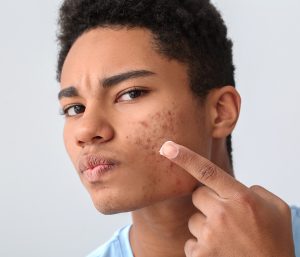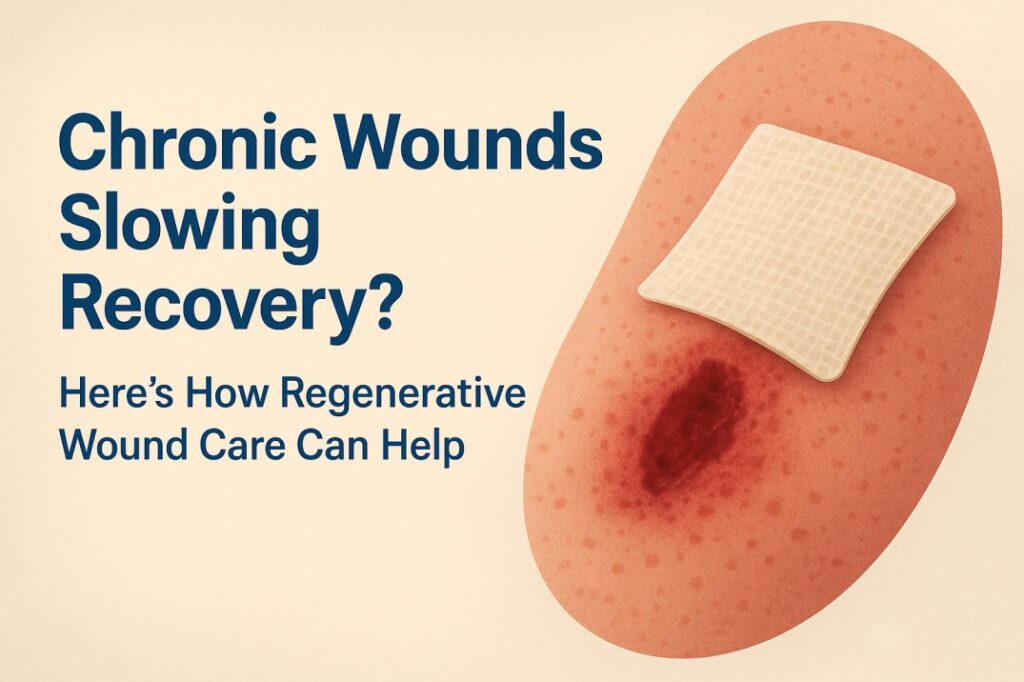Exfoliation is an essential part of any skincare routine, especially for those dealing with acne-prone skin. It helps remove dead skin cells, unclogs pores, and promotes cell turnover, ultimately revealing smoother and healthier skin. However, exfoliating incorrectly can do more harm than good, especially if your skin is sensitive or acne-prone. In this blog, we will explore the dos and don’ts of exfoliating for acne-prone skin and how you can achieve clear skin with the right techniques. If you’re looking for professional Acne Treatment in Islamabad, this guide can be an excellent complement to your skincare journey.
The Dos of Exfoliating for Acne-Prone Skin
- Do Choose the Right Exfoliator When selecting an exfoliator, it’s crucial to choose one that’s suitable for acne-prone skin. Opt for gentle exfoliants like salicylic acid or alpha hydroxy acids (AHAs), which penetrate the pores and help in clearing out acne-causing bacteria and debris. These chemical exfoliants are less likely to irritate your skin compared to physical scrubs.
- Do Exfoliate Gently The key to exfoliating acne-prone skin is to be gentle. Rough scrubbing can worsen acne by causing irritation and inflammation. Instead, use gentle circular motions when applying the exfoliator. Chemical exfoliants should be left on the skin for a recommended time to work effectively without any need for scrubbing.
- Do Follow with Moisturizer Exfoliating can strip the skin of its natural oils, which may lead to dryness. After exfoliating, make sure to apply a lightweight, non-comedogenic moisturizer to restore hydration. This will help keep your skin balanced and prevent overproduction of oil, which can lead to more breakouts.
- Do Exfoliate at Night Exfoliating at night is often more effective for acne-prone skin as it gives the skin time to repair and regenerate while you sleep. Nighttime exfoliation can also help your skin absorb active ingredients from acne treatments better, improving their overall effectiveness.
- Do Know Your Skin Type Understanding your skin type is essential for determining how often you should exfoliate. For example, oily and acne-prone skin may benefit from exfoliating two to three times a week, while sensitive skin types may only need it once a week.
The Don’ts of Exfoliating for Acne-Prone Skin
- Don’t Over-Exfoliate One of the biggest mistakes people with acne-prone skin make is over-exfoliating. Exfoliating too often can strip your skin of its protective barrier, making it more susceptible to bacteria and breakouts. Stick to a balanced routine to avoid irritating your skin.
- Don’t Use Harsh Scrubs Physical exfoliants, such as scrubs with large, rough particles, can create tiny tears in the skin, leading to inflammation and even infection. Avoid using products with harsh beads or grains, as they can aggravate acne. Instead, opt for chemical exfoliants that are formulated specifically for sensitive and acne-prone skin.
- Don’t Forget Sunscreen Exfoliating makes your skin more sensitive to the sun. Not applying sunscreen after exfoliation can lead to sun damage and hyperpigmentation. Make sure to use a broad-spectrum sunscreen with at least SPF 30 during the day to protect your skin after exfoliating.
- Don’t Exfoliate Active Breakouts If you have active, inflamed acne, it’s best to avoid exfoliating that area. Exfoliating active breakouts can spread bacteria and worsen inflammation. Focus on treating the breakout with targeted acne treatments and resume exfoliating once the inflammation has subsided.
- Don’t Skip Patch Tests If you’re introducing a new exfoliator into your skincare routine, always do a patch test first. Apply a small amount of the product to a discreet area of your skin and wait 24 hours to see if any irritation occurs. This is especially important for individuals with sensitive or acne-prone skin.
Conclusion
Exfoliation can be a powerful tool in your skincare arsenal when done correctly. It helps clear away dead skin cells and promotes healthy skin regeneration, both of which are essential for managing acne-prone skin. By following the dos and don’ts outlined in this blog, you can exfoliate your skin safely and effectively without causing irritation or worsening your acne. If you’re struggling with persistent breakouts and need professional guidance, consider visiting the SKN Cosmetics Clinic for expert advice and treatments tailored to your skin type. Their team of experienced dermatologists can help you find the most effective Acne Treatment in Islamabad to achieve clear and healthy skin.









